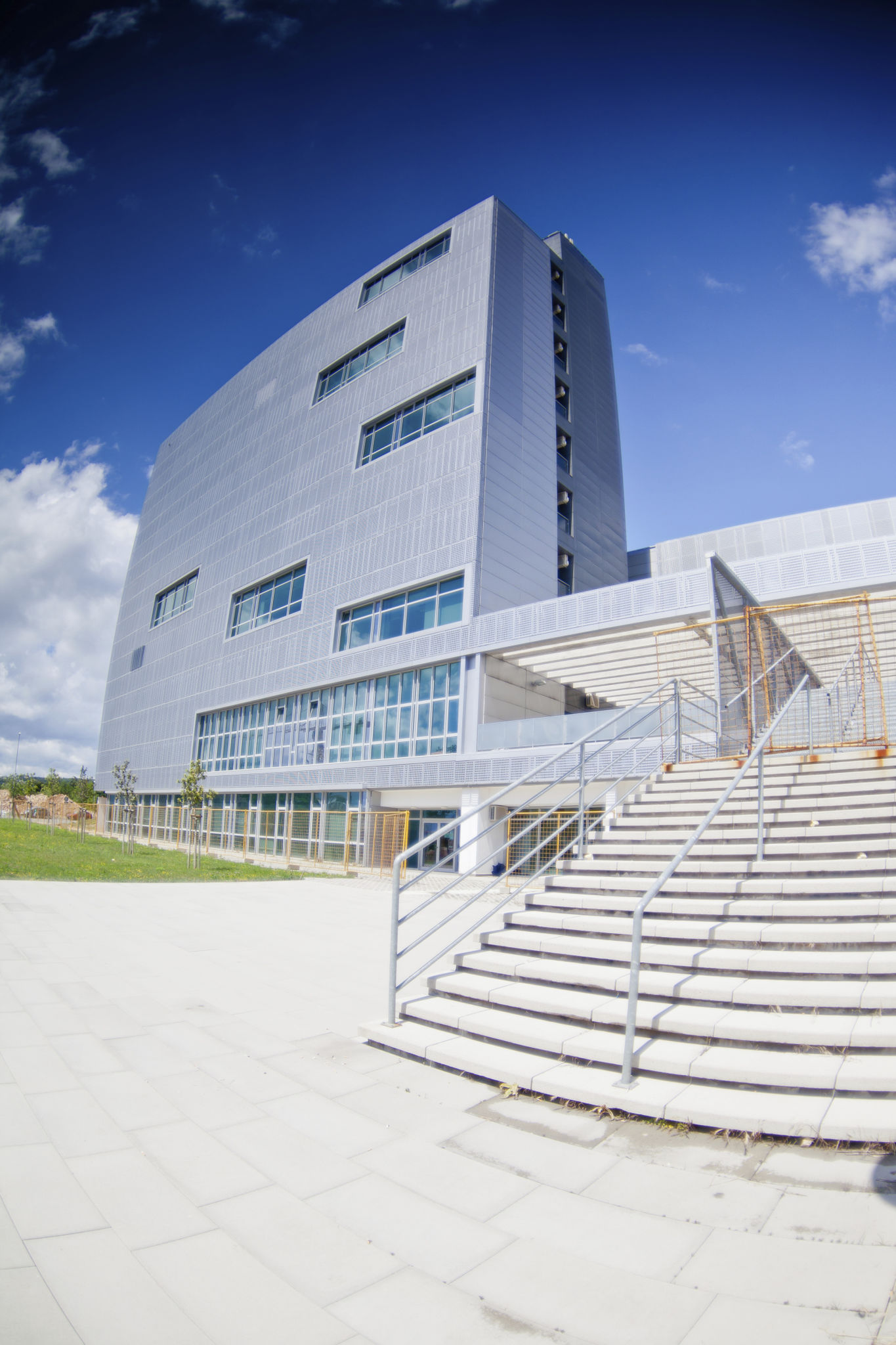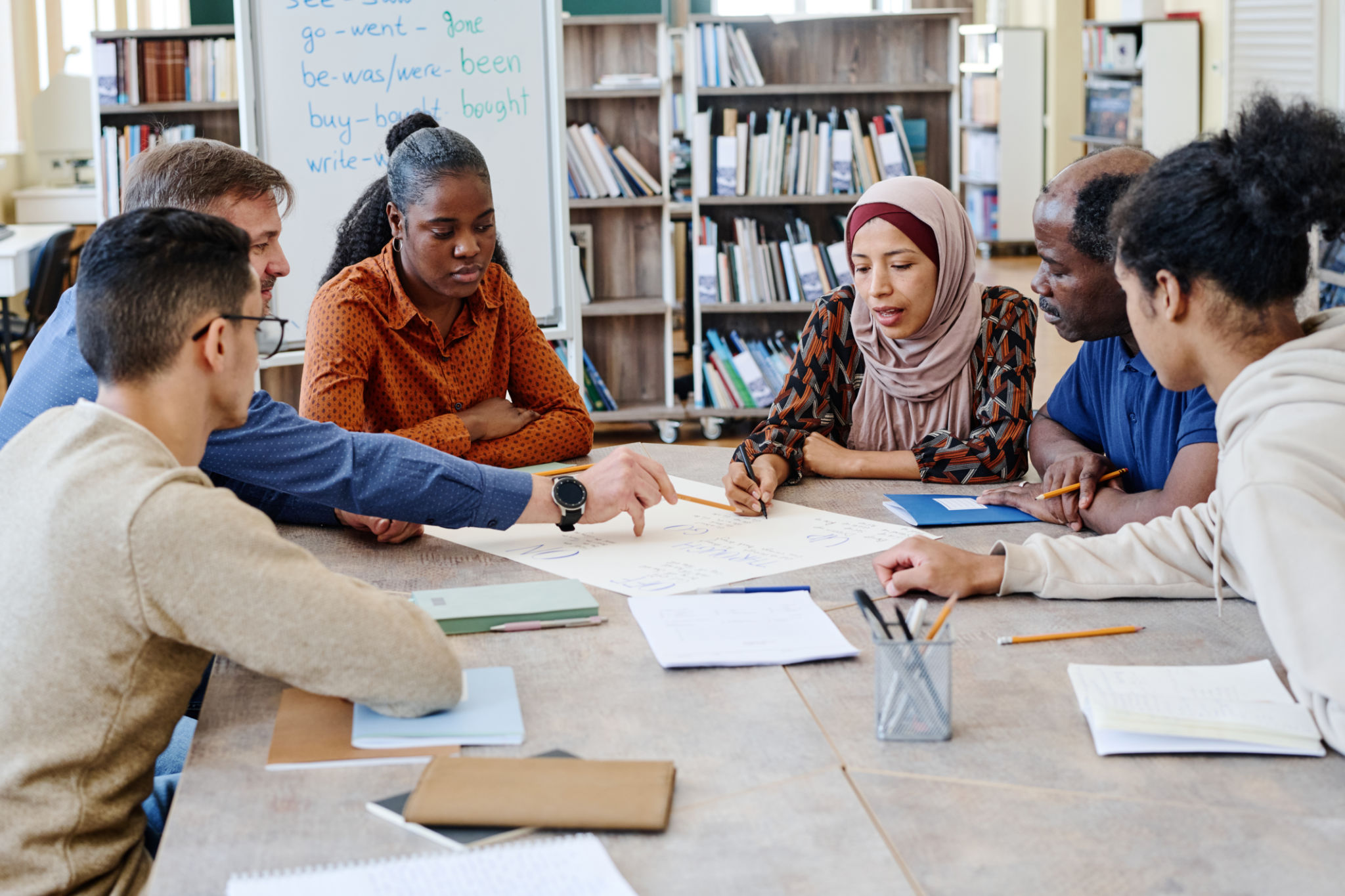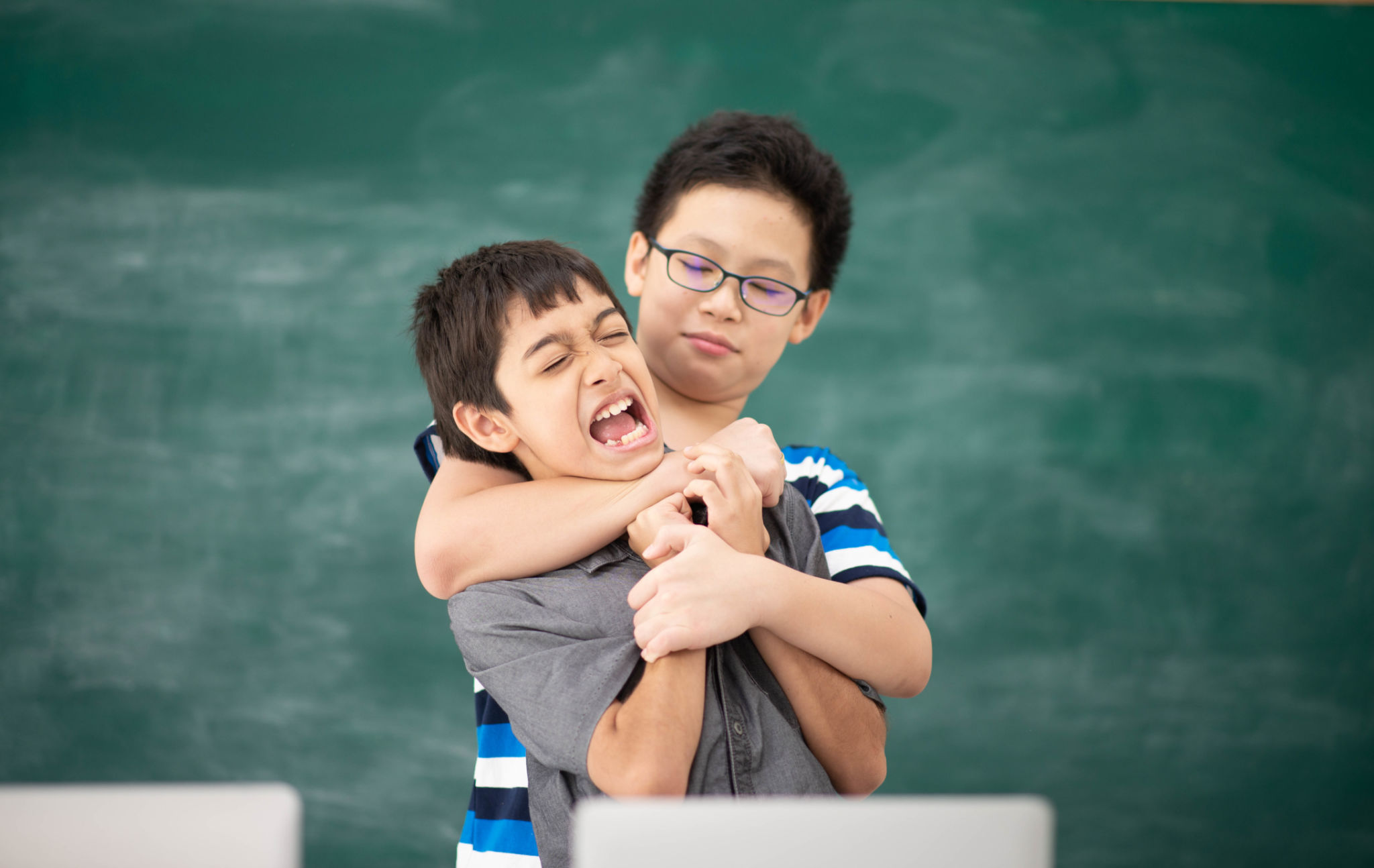Case Study: Successful Educational Interventions in Rijeka
Introduction to Educational Interventions in Rijeka
Rijeka, a vibrant city in Croatia, has been at the forefront of implementing innovative educational interventions aimed at improving student outcomes. Over the years, these interventions have shown significant success, transforming the educational landscape and providing valuable insights for other regions.
The focus has been on holistic development, addressing both academic and socio-emotional aspects of education. This case study delves into the various strategies employed and their impact on students and educators alike.

Innovative Teaching Methods
Technology Integration
One of the standout features of Rijeka's educational interventions is the integration of technology in classrooms. By equipping schools with modern digital tools, teachers can create more engaging and interactive learning experiences. This approach not only enhances learning but also prepares students for a technologically advanced world.
Some schools have adopted blended learning models, combining traditional teaching methods with online resources. This flexibility allows students to learn at their own pace, catering to diverse learning needs and preferences.
Project-Based Learning
Another successful strategy has been the implementation of project-based learning. This approach encourages students to work on real-world problems, fostering critical thinking and collaboration skills. Students in Rijeka have participated in numerous projects, ranging from environmental conservation to community service initiatives.

Fostering Inclusive Education
Support for Diverse Learners
Rijeka's educational framework places a strong emphasis on inclusivity. Schools have developed specialized programs to support students with diverse learning needs, ensuring that every child receives an equitable education. This includes providing additional resources, personalized learning plans, and professional development for teachers.
Community Engagement
Community involvement plays a crucial role in the success of educational interventions in Rijeka. Schools actively collaborate with local organizations, parents, and volunteers to create a supportive environment for students. These partnerships have led to the development of extracurricular programs that enrich students' educational experiences.

Measuring Success and Outcomes
Improved Academic Performance
The impact of these interventions is evident in improved academic performance across schools in Rijeka. Standardized test scores have shown a marked increase, reflecting the effectiveness of the new teaching methodologies and support systems.
Additionally, dropout rates have significantly decreased, indicating higher student engagement and motivation to pursue education.
Socio-Emotional Development
Apart from academic achievements, there has been a notable improvement in students' socio-emotional development. Programs focusing on emotional intelligence, resilience, and mental health have contributed to a more positive school environment, enhancing students' overall well-being.

Conclusion: A Model for Success
The educational interventions in Rijeka offer valuable lessons for other regions aiming to improve their educational systems. By prioritizing technology integration, inclusivity, community engagement, and holistic development, Rijeka has set a benchmark for successful educational practices.
As other cities look to replicate this success, continuous evaluation and adaptation of strategies will be key to meeting the evolving needs of students and educators.